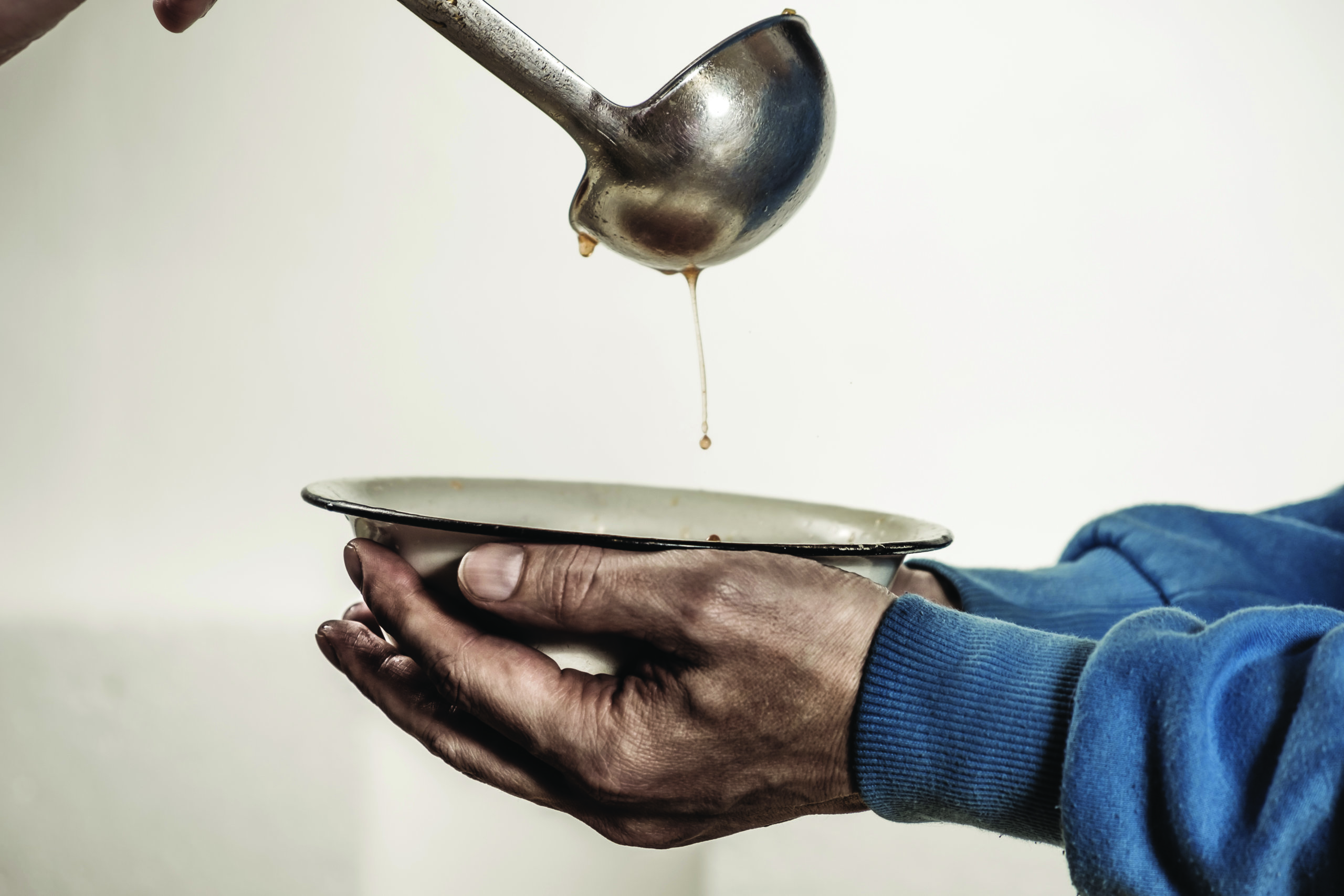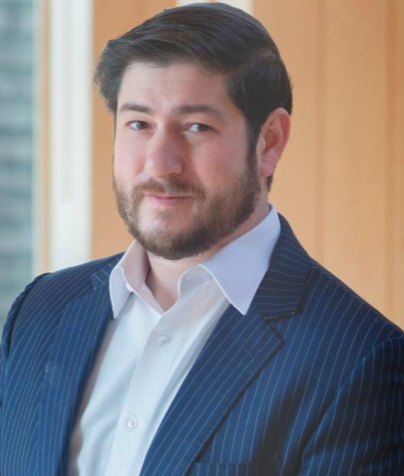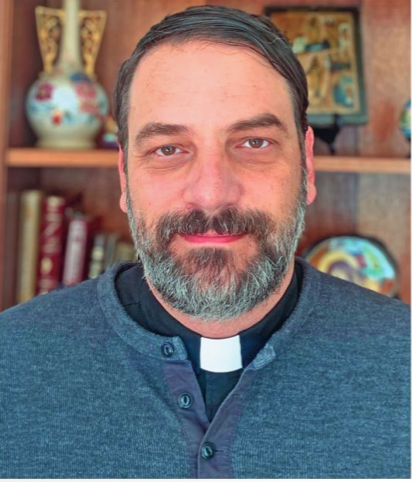Hamptons Soul: For Those in Need...

Rabbi Josh Franklin and Father Constantine Lazarakis reflect on helping those less fortunate than ourselves.

Rabbi Josh Franklin
The Vulnerable Among Us: “Uphold the rights of the orphan; defend the cause of the widow.” (Isaiah 1:16)
Isaiah, like many of the biblical prophets, champions the most vulnerable in society. Mahatma Gandhi famously echoed this value, writing: “The true measure of any society can be found in how it treats its most vulnerable members.” Throughout the Bible, the message is clear. Kingdoms and civilizations survive not by brute force and strength, but by how they respond to those who are vulnerable: “The meaningful measure of our society isn’t our wealth, but how we give charitably; it isn’t our power, but by how we lift up the powerless. Our true strength comes from how we show compassion to the vulnerable.”
Isaiah is not speaking about any one group—he’s speaking about every vulnerable group. In his day, the widow and the orphan were the paradigm for the oppressed, but in our day, we recognize the yoke of oppression weighs down numerous groups in our country and out on the East End. If you think that just because we’re in the Hamptons, there are no needy among us, then you are severely mistaken. You might not see it, but some 7% of households, or about 5,000 in the towns of Southampton and East Hampton, are considered to be below the national poverty level, according to U.S. census data. That rate factors anything below $16,460 for a family of two, rising to $25,100 for a family of four. These incomes aren’t nearly enough to even scrape by out here.
In addition to the immense poverty, we see even more overall vulnerability. Since COVID started, instances of domestic violence have escalated in Suffolk county and around the country. Confined to being home for extended periods of time, many victims are trapped with no place to go. These oppressed are our modern-day widows and orphans of which Isaiah speaks.
What can you do? Support your local food pantries with both monetary donations, as well as deliveries of non-perishable food items. Also, get involved with and support organizations like The Retreat, which offers counseling, legal advocacy, and shelter for victims of domestic abuse.

Father Constantine Lazarakis
Christmas is done and the New Year is already a month in. Nonetheless we are still bundled up in our winter coats, donning our hats and gloves. Spring is on the horizon, but the cold nights are still pretty long. It is that hard part of winter. This year, that sense is exacerbated by COVID-19. Most of us still don’t when the vaccine will be available for us, so in addition to waiting for the sun, we are waiting for quarantine to really end. In moments such as these, it is easy to turn inward (not in the positive sense of the phrase) and focus on number one.
Yet, in moments of crisis and darkness, one of the best things we can do is find a way to help those more vulnerable than ourselves. Just as this time of year we naturally turn inward and wait for spring, this is also a time of year when the defenseless are forgotten.
Recently, New York State made deep cuts to critical funding for people with developmental disabilities in the wake of COVID-19’s economic fallout. Each year (after the churches, synagogues and firehouses have wrapped up their holiday coat drives), February and March are the months during which our food pantries and shelters struggle the most to meet the needs of their clients.
When we offer a helping hand, we open ourselves up to love. Allowing ourselves to be generous often lifts our own spirits. During these dog days of winter, let’s remember those hit hard by the times. Let’s speak up for the defenseless, and let’s use whatever resources we have (financial, volunteer hours, discussions with our leaders, random acts of kindness) to ease suffering and loneliness. The measure of our Character is found in how we take care of each other.



